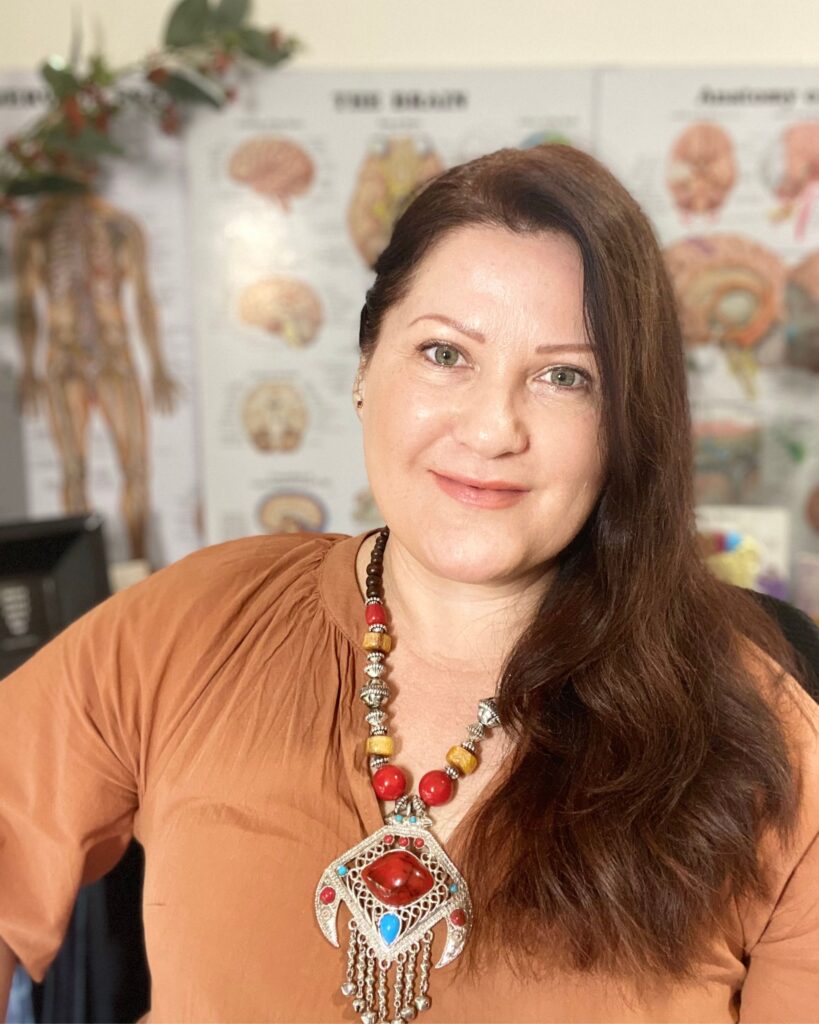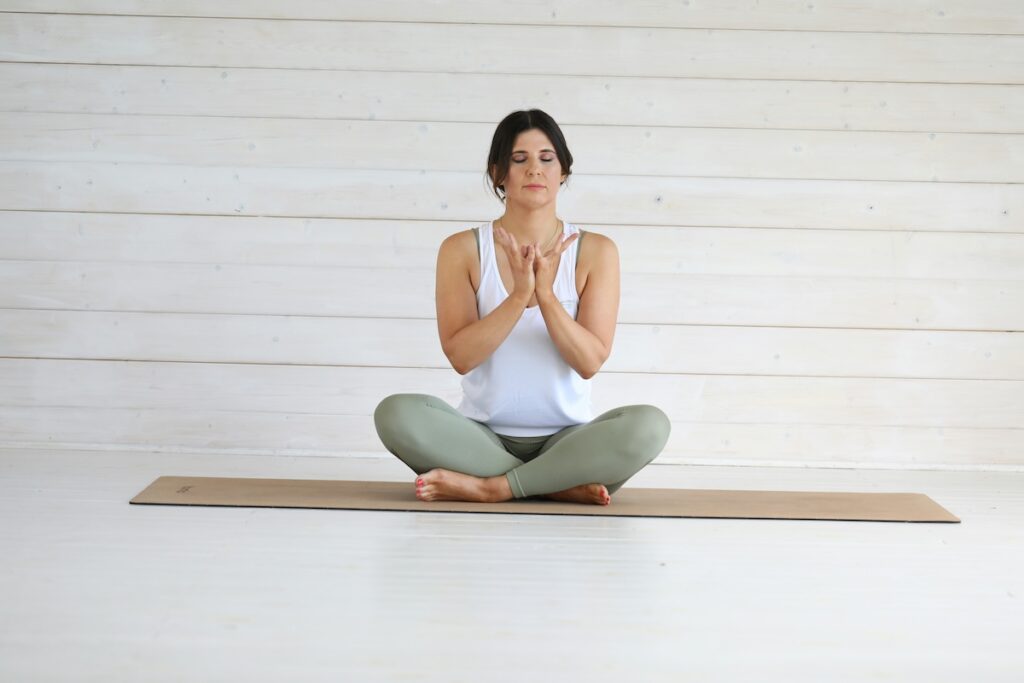Harvard Medical School Professor Herbert Benson (April 24, 1935 – February 3, 2022), pioneer of mind-body medicine, first described the relaxation response more than 40 years ago, in 1975.
Benson realised that although the body had an inbuilt stress mechanism, which Walter Cannon had named the Fight or Flight Response sixty years earlier (in the same Harvard building no less), it also had an equal and opposite reaction that promoted relaxation, repair, and healing which we now know as the Relaxation Response, or Parasympathetic Nervous System (PNS) activation.
To combat the stress response, our bodies need to revert to a stable condition, a state of calm known as Homeostasis (Relaxation Response, para-sympathetic nervous system) – the opposite of the stress response. Whereas stress increases strain on the body, relaxation helps release it.
The parasympathetic nervous system acts like a brake. It promotes the “rest and digest” response that calms the body down after the danger has passed.
Eliciting the Relaxation Response can easily be achieved by taking regular moments throughout the day to breathe in a slow, deep, and even manner (diaphragmatic breathing) consciously and deliberately, focusing on the exhalation.
Exhale-emphasised breathing is the quickest way to calm and relax because it slows down heart rate, reduces blood pressure, slows brain wave activity, reduces muscle tension, and expels carbon dioxide to re-oxygenate the cells.
Studies have also shown that inducing the relaxation response — a physiologic state of deep rest — not only relieves stress and anxiety, but also affects physiologic factors such as blood pressure, heart rate, and oxygen consumption.
Largely thanks to Dr. Benson’s discovery of the relaxation response, thousands of studies now prove the effectiveness of mind-body medicine and relaxation techniques. It paves the way for more medical professionals and healthcare practitioners to understand the benefits of simple self-empowered therapies like meditation, mindfulness, breathing, EFT (Tapping), and relaxation exercises.
Here are ten evidence-based techniques to reduce stress and relax more:
-
Exercise – Exercise is a way to manage stress that doesn’t have to add to your financial woes. Did you know that a 20-minute walk or jog around your block can yield up to 12 hours of improved mood? The main thing is to find a physical activity that you enjoy, whether it’s dancing, tennis, walking, or gardening.
-
Laugh – Laughter reduces pain and physical tension, increases job performance, connects people emotionally, and improves the flow of oxygen to the heart and brain. Watch your favourite comedy DVD, phone a funny friend, or join a laughter therapy group.
-
Keep a Journal – Dedicate 15 minutes every day to writing about what is bothering you. It helps release mental chaos so you can see a situation more clearly. Keeping a journal also assists in problem-solving your worries and finding positive solutions, in preference to being simply overcome by them.
-
Meditate – When you feel tension rising immediately focus on your breathing. Observe the air moving down into your lungs, expanding both chest and stomach. As you exhale, focus on releasing tension in your body. Taking four to five slow, deep breaths of an even count has an instant calming sensation on both mind and body. Oxygenation increases, blood pressure decreases, physical tension starts to release, and mental chatter begins to slow. When practiced regularly, the benefits of meditation are enormous to your mind, body, spirit, and emotions.
-
Practice Self-Care – Self-care is essential. When tension spikes it can be tempting to put yourself last, but prioritising “me time” – healthy eating, physical activity, nurturing relationships, and adequate rest – is necessary if you want to avoid making your stress worse.
-
See the Sunshine – If you’re stuck inside or working at a desk all day, take a few minutes to go outside and see the sun. Breathe, stretch, and relax. A little time in the great outdoors can change your perspective, improve your mood, and alleviate mental clouds.
-
Be Mindful – Consciously notice what you’re thinking. Negative thoughts only bring you down and attract more negativity to your day. When you catch yourself thinking negatively, turn your thinking around and tell yourself, “I am doing the best I can in this moment. I can do this!” Repeat, repeat, repeat until you believe it!
-
Socialise – It’s all too easy to get caught up in the expectations of daily life and neglect the people who give you a sense of belonging and purpose. Schedule time with family and friends and remember how good it feels to be around people you love. Having a little fun may provide all the stress relief you need.
-
Be Grateful – Showing that you appreciate your family, friends, and loved ones for the positive aspects they bring to your life has a powerful calming effect. It is impossible to feel negative when you are feeling grateful for all the good things and people who currently contribute to your life in positive ways. Being grateful brings a greater perspective and makes your worries appear as they are – temporary.
-
Create Change – Write down all your sources of tension. When you have a list of stress triggers, decide if they are avoidable or unavoidable. If they’re avoidable, avoid them! No rule book says you must tolerate or expose yourself to things or people who press your buttons. As for the unavoidable, how can you approach them differently for a better outcome?
Gradually incorporating mind-body relaxation techniques to support your relaxation response, can retrain the brain and nervous system to counter the effects of the dominant stress response more easily, and relieve the burden on the brain, body and mind.
If only our generation, and those before us, were taught this empowering knowledge in schools, so many of our friends, family and colleagues could be saved from stress-related illnesses and diseases like depression, anxiety, hypertension, heart disease, and cancer.
Reducing stress starts with awareness of what your body is doing when under stress, and then experimenting with any of the above to begin supporting your body in return when needed.

Author:
Viki Thondley
Viki Thondley-Moore is an Integrative Holistic Counsellor, Brain-Based Coach, Clinical Hypnotherapist, Mind-Body Somatic Practitioner, Wellness Coach, Meditation Teacher, Educator and Disordered Eating Specialist. Viki is founder of MindBodyFood and Founder/Director of the MindBodyFood Institute.







